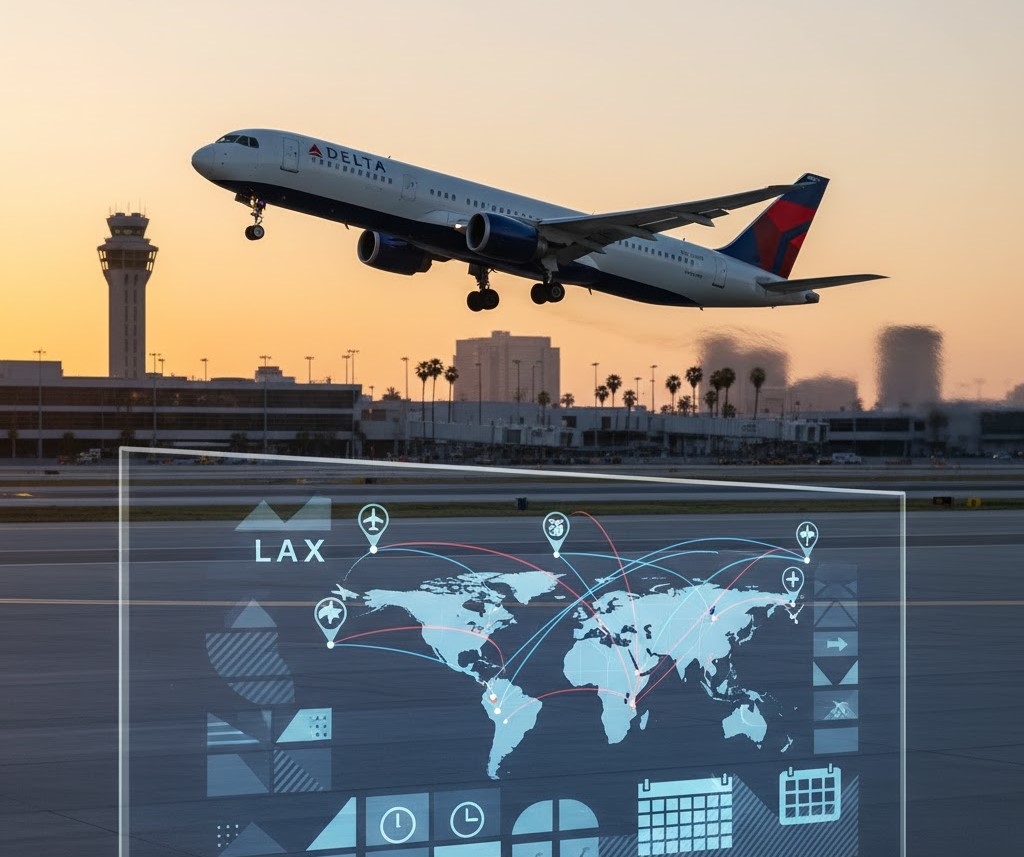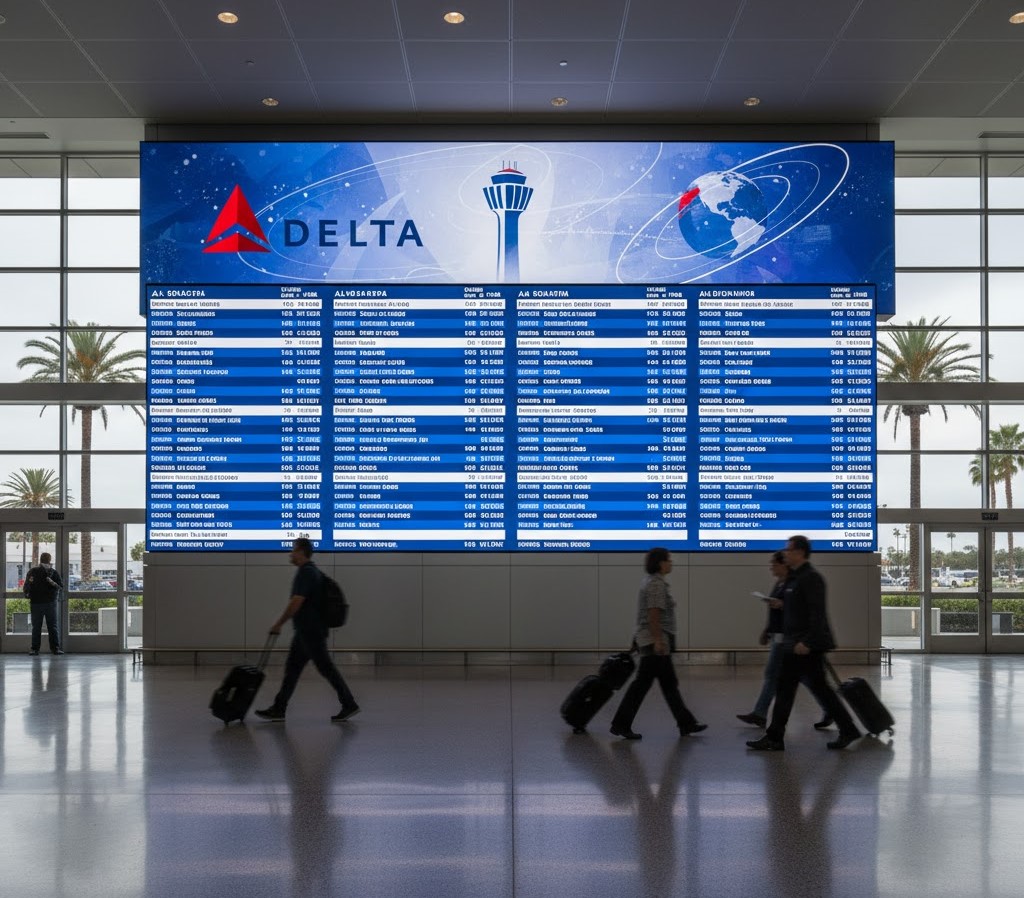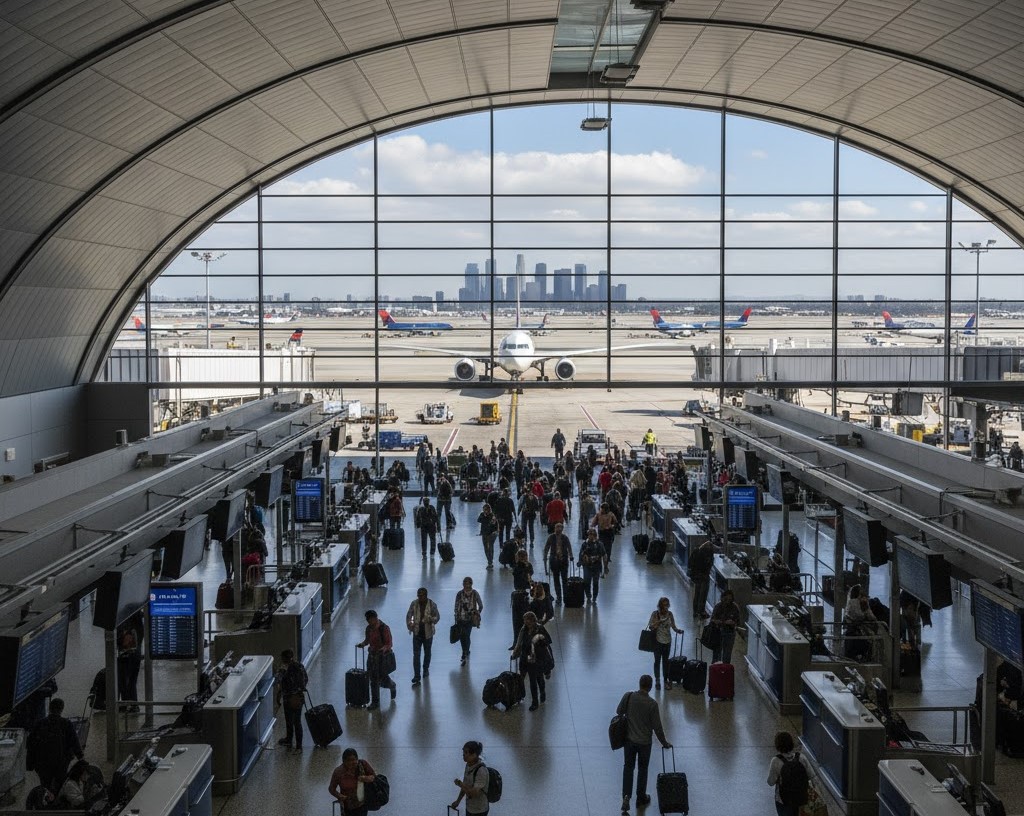A forklift is not just steel and hydraulics. It’s the quiet workhorse that keeps modern industries alive. Walk through a warehouse without one, and the place feels paralysed. Stacks of goods sitting untouched. Workers slowed to exhaustion. Chaos. It’s no wonder so many organisations eventually decide to buy forklift equipment rather than depend on someone else’s fleet.
The real strength of a forklift lies in versatility. It doesn’t just lift. It maneuvers in tight corners, balances loads that would take five people, and saves hours in a single shift. And here’s the thing—time isn’t just time. In logistics, every lost minute ripples through the supply chain. Faster movement, steadier flow, fewer delays: these small wins turn into massive advantages.
Why Ownership Often Outweighs Renting
Renting feels easy. Low upfront cost, short contracts, flexible. That’s the sales pitch anyway. But peak season hits, and suddenly every rental company says, “Sorry, all booked.” Or you get a machine that’s been battered by ten different clients before you. Repairs? Not your call. Availability? Not guaranteed.
Buying changes the story completely. Your forklift, always there. No waiting, no renegotiating, no juggling calendars. Staff train once, on one model, and that consistency builds real efficiency. The machine becomes part of the rhythm of the workplace—predictable, familiar. Something a rental just cannot provide.
And think about this: unpredictability is expensive. Renting introduces it. Ownership erases a big slice of it.
Cost Considerations Beyond the Price Tag
Yes, buying hurts at first glance. That invoice stings. But stretch the math across years, and the numbers flip. Rentals feel cheap, but drip by drip, they drain the budget. Ownership looks heavy in the moment but steadies costs in the long run.
Forklifts also age differently from many vehicles. Keep one serviced, and it holds value surprisingly well. Some companies even resell after years of use, clawing back part of their investment. Others rotate older forklifts into lighter duties, stretching usefulness far beyond what spreadsheets assume.
And downtime—this is overlooked. With rentals, if a machine dies, you wait for the replacement, losing hours, maybe days. Does one own a forklift? You fix it on your schedule, not someone else’s. The financial difference hides in those gaps.
Types of Forklifts to Consider
The choice isn’t just rent versus buy. It’s which machine to buy. And a wrong match can eat away at the supposed benefits.
Electric forklifts dominate indoor spaces. No fumes. Quieter. Smaller turning circles. Warehouses thrive with them. But here’s the drawback—charging downtime. A business running around the clock has to plan carefully, maybe buy spare batteries.
Internal combustion forklifts? Different beast. More power, more endurance. Uneven terrain, outdoor yards, construction zones—they live here. But they bring emissions, so indoors they’re rarely welcome.
Specialised designs exist, too. Narrow-aisle models, reach trucks, rough-terrain versions. The point: don’t chase horsepower alone. Match the machine to the daily workflow. A mismatch quietly drains efficiency until the purchase feels like a mistake.
Safety and Training as Key Benefits of Ownership
Here’s where ownership shines brighter than cost savings: safety. Rental fleets shuffle models constantly. Different controls. Different quirks. Operators are forced to relearn again and again. Mistakes creep in. Accidents follow.
Ownership creates consistency. Same model, every day. Maintenance on schedule. Safety checks under company control. Operators grow into experts with that specific machine. Muscle memory. Confidence. Fewer accidents, less damage.
There’s psychology too. Workers treat an owned forklift with more respect. It feels like part of the team, not a borrowed tool. Over the years, this small detail has mattered more than people realise.
Making the Right Decision for Long-Term Success
Buying a forklift is not just a line item. It’s a strategic move. Rentals may work for spikes—short bursts of activity. But if the workflow is steady, consistent, demanding, then ownership isn’t a luxury. It’s a necessity.
With ownership, a business gains reliability. Safety improves. Operators get sharper. Costs stabilise. Even reputation benefits, especially when investing in greener, smarter machines.
The truth is simple: businesses don’t just buy machines. They buy control over time, efficiency, and safety. And for many, that journey begins the day they choose to buy forklift equipment.









